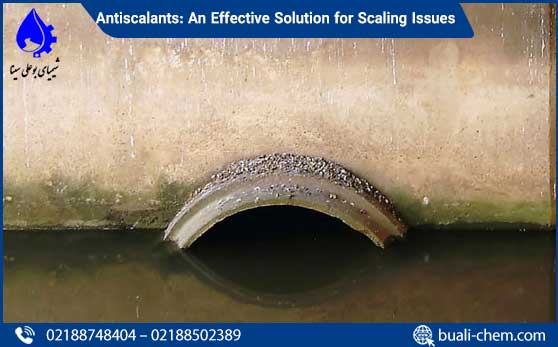Antiscalants An Effective Solution for Scaling Issues
Antiscalants: An Effective Solution for Scaling Issues
Introduction:
Scaling is a common problem that occurs in various industrial processes involving water systems. It occurs when mineral deposits, such as calcium carbonate, calcium sulfate, or silica, accumulate on surfaces, leading to reduced efficiency, increased energy consumption, and potential equipment damage. To address these challenges, antiscalants have emerged as a valuable solution. In this article, we will explore antiscalants, their mechanisms of action, benefits, and applications.
Understanding Antiscalants:
Antiscalants are chemical compounds specifically designed to inhibit or control the formation and deposition of scale in water systems. They function by interfering with the crystal growth process, modifying the surface charge of scale-forming minerals, or by acting as dispersants to keep the scale particles in suspension.
Mechanisms of Action:
Antiscalants work through various mechanisms to prevent scale formation. Some common mechanisms include:
a. Crystal Modification: Antiscalants alter the crystal structure of scale-forming minerals, hindering their ability to adhere to surfaces and form deposits.
b. Threshold Inhibition: Antiscalants work by maintaining the concentration of scale-forming ions below their saturation point, preventing the formation of solid crystals.
c. Dispersancy: Antiscalants act as dispersants, preventing the agglomeration and precipitation of scale particles, keeping them suspended in the water.
Benefits of Antiscalants:
Using antiscalants in industrial processes offers several advantages:
a. Improved Efficiency: Antiscalants help maintain the performance and efficiency of water systems by reducing scale deposition on heat exchangers, membranes, pipes, and other equipment. This leads to enhanced heat transfer, reduced pressure drop, and optimized system performance.
b. Cost Savings: By preventing scale formation, antiscalants help reduce maintenance costs associated with scale removal, equipment downtime, and energy consumption. They contribute to longer equipment lifespan and increased operational efficiency.
c. Environmental Friendliness: Antiscalants offer an environmentally friendly alternative to traditional scale control methods, such as acid cleaning or mechanical descaling. They minimize the use of harsh chemicals and reduce the generation of wastewater.
Applications of Antiscalants:
Antiscalants find application in various industries, including:
a. Water Treatment: Antiscalants are used in reverse osmosis (RO), nanofiltration, and other water treatment processes to prevent scaling on membranes and improve overall system performance.
b. Oil and Gas: Antiscalants play a vital role in oilfield operations, where they prevent scaling in oil production systems, including pipelines, wells, and equipment, ensuring smooth operation and increased oil recovery.
c. Power Generation: Antiscalants are used in cooling water systems of power plants to prevent scaling on condensers, heat exchangers, and boilers, ensuring efficient heat transfer and minimizing energy loss.
Conclusion:
Antiscalants provide an effective solution to control scale formation in industrial water systems. By utilizing their unique mechanisms of action, antiscalants offer benefits such as improved efficiency, cost savings, and environmental friendliness. Understanding the role of antiscalants and their applications can help industries combat scaling issues and ensure optimal operation of their water systems.




Leave a Reply
Want to join the discussion?Feel free to contribute!